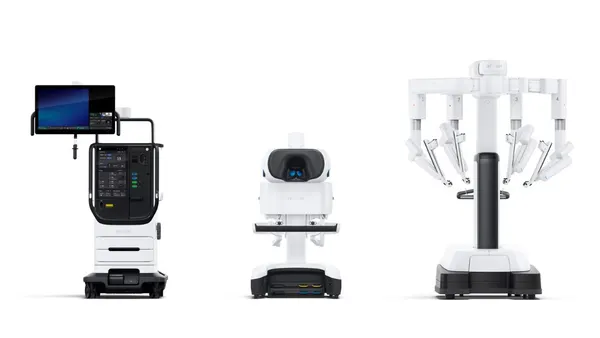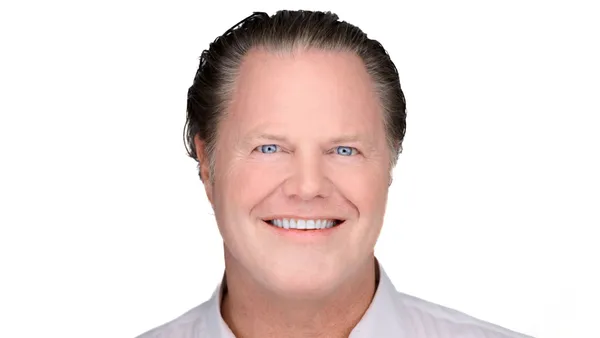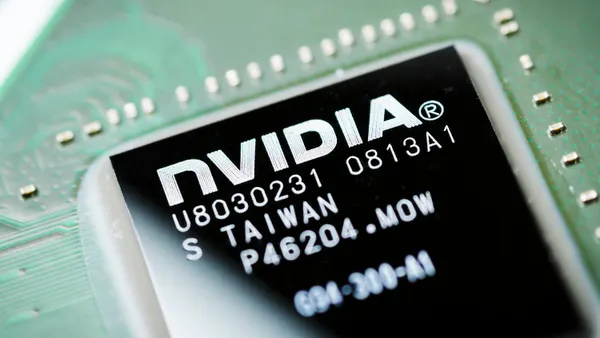Dive Brief:
- Medical devices manufacturers looking to take advantage of new safe harbors proposed to the Anti-Kickback Statute this week may face an uphill climb convincing the government implantable devices should fall under the coordination and management of care exemption.
- In its proposed rule, HHS Office of Inspector General said it's concerned medical device manufacturers may misuse value-based arrangements to disguise improper payments, citing historical law enforcement actions and False Claims Act settlements.
- The government appears to be considering various methods to exclude device manufacturers from the safe harbor while seeking to allow digital health technologies used to remotely monitor patients to improve care coordination to use it.
Dive Insight:
The medical device industry said it plans to offer comment to HHS "to help justify the inclusion of many medtech companies," noting many different types of medical devices collect data that could be utilized to coordinate care and improve outcomes.
The concern, HHS said, is that medical device manufacturers may use the proposed value-based arrangements safe harbors to "tether clinicians or patients to the use of a particular product … when a different product could be more clinically effective."
HHS said it's considering developing a future safe harbor to specifically address "tailored protection for value-based and outcomes-based contracting for device manufacturers."
"This proposed rule focuses primarily on arrangements to coordinate and manage the care of patients, and does not, for example, address purchase and sale arrangements for covered items and services," the proposed rule states.
Jennifer Michael, a healthcare attorney at Epstein Becker Green who previously served as chief of the industry guidance branch at OIG, told MedTech Dive that traditionally, implantable medical device manufacturers' largest incentive is to simply sell more items.
Specifically, HHS said its fear is that implantable medical device companies may use value-based arrangements as kickbacks to ambulatory surgical centers or hospitals to induce them to purchase devices they produce.
"This concern arises from historical law enforcement experience, including large False Claims Act settlements involving kickbacks paid to physicians, hospitals, and ambulatory surgery centers to market various medical devices, such as devices used for invasive procedures; in some cases, these schemes resulted in patients getting medically unnecessary surgeries," the proposed rule said.
Meenakshi Datta, the co-leader of Sidley Austin's healthcare practice, said HHS is trying to balance allowing value-based contracts while not introducing new fraud into the healthcare system, but they are uncertain where to draw the line.
"There seems to be a narrow focus, a narrow understanding of what value-based and outcomes-based arrangements are," Datta told MedTech Dive. "It seems like this rule premises a lot of that on data exchange, which it could be, but it doesn't have to be, on an ongoing persistent basis. But maybe that's what they think coordinating care is about – sharing data."
David Thiess, a healthcare attorney at Hogan Lovells, said a safe harbor that protects patient monitoring technology would be an improvement but patients would benefit more if HHS ultimately finalizes a rule that is broader.
"A lot of medical device manufacturers, including those that make implants, are trying to engage in innovative and outcome-based arrangements with hospitals that are tied to patient benefits," Thiess told MedTech Dive. "There are few clear-cut modern protections and including implantable devices in a value-based safe harbor would go a long way to allow those beneficial arrangements to flourish."
AdvaMed Assistant General Counsel Terry Chang told reporters he's encouraged HHS is seeking comment on if its initial proposal for its care coordination safe harbor is too broad or too narrow.
"It's helpful that [medical devices are] not initially excluded," Chang said. "There's an opportunity where we can demonstrate where we can add utility in these arrangements."













